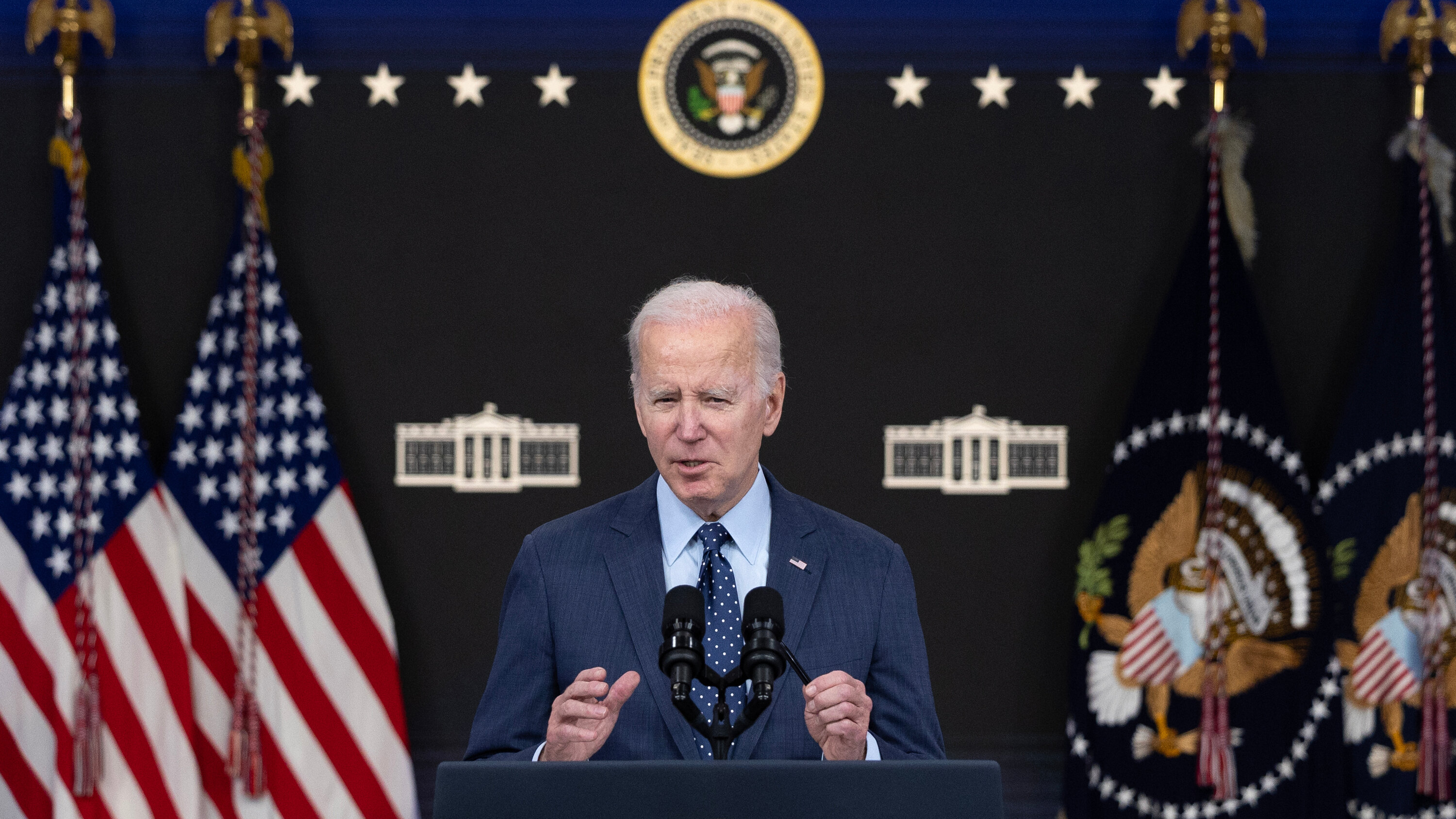In the realm of politics, rumors can spread like wildfire, especially when it concerns the health of a sitting president. Recent events surrounding U.S. President Joe Biden have raised significant questions and sparked a flurry of speculation. In mid-July 2024, as the nation geared up for the presidential elections, reports emerged claiming that Biden suffered a serious, undisclosed medical emergency during his visit to Las Vegas.
On July 22, the rumors intensified when Charlie Kirk, a conservative commentator, posted about Biden's alleged medical emergency. He mentioned various agencies, including the Las Vegas Metropolitan Police and the U.S. Secret Service, which added credibility to the claims. However, inquiries directed at these agencies yielded no confirmation or evidence to substantiate the rumors, leading to a rating of "Unfounded" for the claims surrounding Biden's health.
Timeline of Events Leading to the Rumor
The rumors about President Biden's health escalated quickly. On July 17, the White House disclosed Biden's COVID-19 diagnosis. This announcement led to the cancellation of his planned engagements in Las Vegas, stirring public concern and curiosity about his health status.
By July 21, Biden had made headlines again with his unexpected decision to withdraw from the 2024 presidential race, a move that stunned many political analysts and party supporters. This decision raised eyebrows and led to speculation that his health issues might have played a significant role.
Just one day later, Charlie Kirk's social media post sparked a firestorm of speculation, claiming that Biden had suffered a medical emergency during his Las Vegas visit. This post referenced communications between the Secret Service and local law enforcement, indicating a serious situation. However, it was essential to investigate the legitimacy of these claims, as they seemed to arise from unverified sources.
Analyzing the Sources of the Rumor
When evaluating the credibility of rumors, it's crucial to look at the sources from which they originate. In this case, Charlie Kirk, a known figure in conservative media, shared the information, but the specifics of his claims were vague and lacked verification.
Despite reaching out to the agencies mentioned in Kirk's post, there was no response that substantiated his claims. The U.S. Secret Service referred inquiries back to the White House, which did not help clarify the situation. This lack of confirmation from official channels significantly undermined the credibility of the rumor.
Additionally, it's essential to understand the context in which such rumors arise, especially during an election year when political tensions run high. The combination of Biden's COVID-19 diagnosis and his abrupt decision not to seek reelection created an environment ripe for speculation and misinformation.
Conclusion: The Importance of Fact-Checking in Political Discourse
The situation surrounding President Biden's alleged medical emergency serves as a reminder of the critical role that fact-checking plays in political discourse. In an age where information spreads rapidly, distinguishing fact from fiction is paramount.
As citizens, we must remain vigilant and question the sources of the information we consume. The responsibility lies not only with the media but also with individuals to verify claims before accepting them as truth. Misinformation can have significant consequences, especially regarding public figures and their health.
Ultimately, until credible evidence emerges, the claims regarding President Biden's health remain unsubstantiated. As we move forward, let us prioritize truth and accuracy to foster a more informed public conversation.
- Is David Jason Muir Married
- Preet Jatti
- Anton Lavey Daughter
- Daniel Jack Neeson
- Massey Park California
- Kim Hye Yoon Husband
- Patrick Flueger Relationship
- Oprah Diddy Connection
- Simon Cowell Son Disability
- Aaron Pierre




